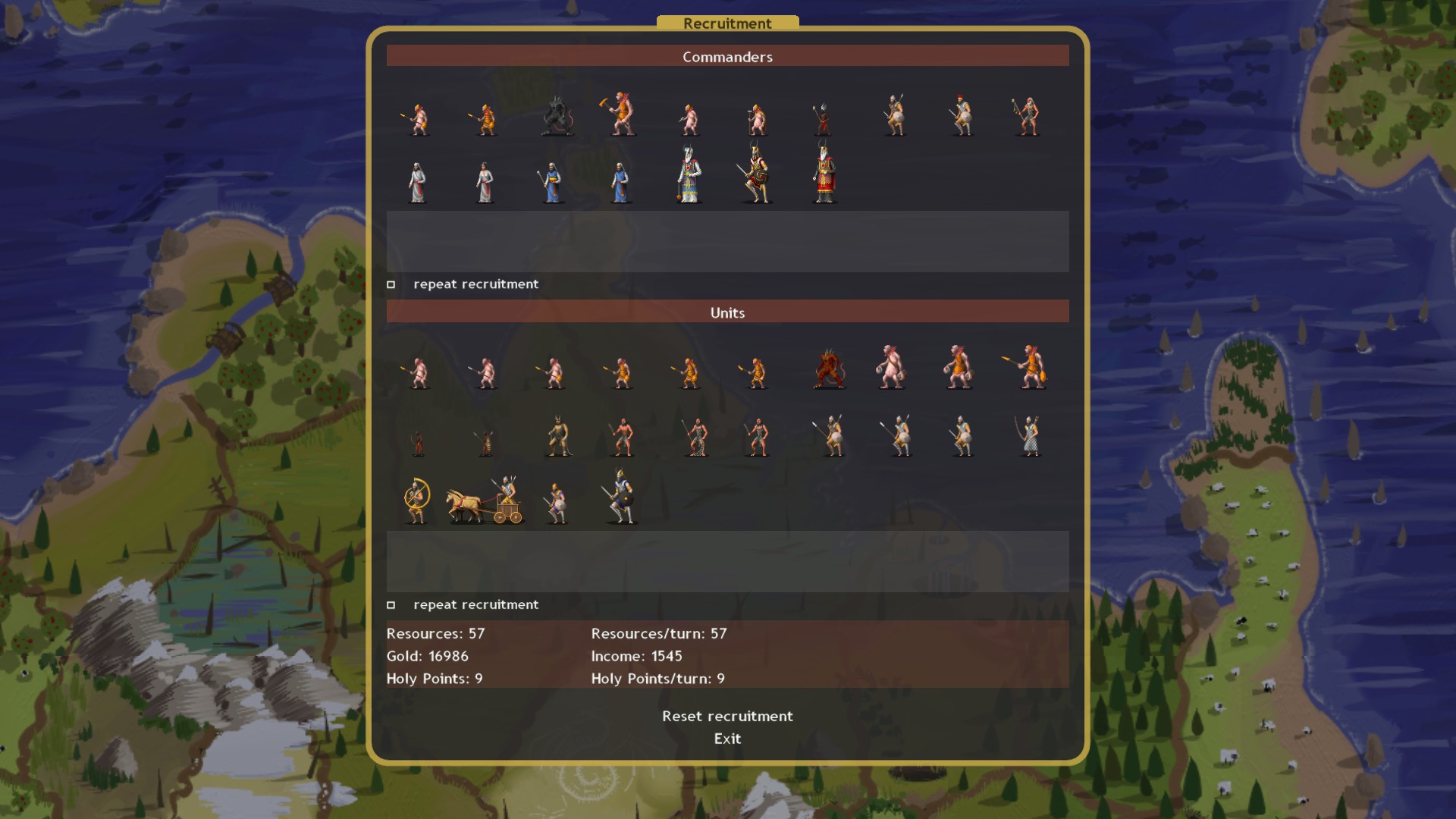


They were not Biblical scholars although many may have had some familiarity with the writings of the Old Testament. In fact, the readers were new Christians for the most part, converts from Judaism, God-fearing Greeks, or pagans. The book was written to ordinary people to encourage them through difficult times spiritually, politically, and economically, and to assure them that the revelation that Jesus gave to his church will carry them through to a glorious conclusion. I am unable to offer any new thoughts that have not been expressed by someone at some time in the past, but maybe as we study through this important book this year, we will find it less obscure, and more understandable, and very relevant to our own day. There is no end to commentaries on it, and no end to speculation on its meanings. One may listen and wish Carlson would hammer down on that guitar with a complete, vital rhythm section.Everyone seems to be intrigued by the Book of Revelation. Earth can be frightening, saddening, alienating, peculiar, and more often than not, disappointing. There are very few people working like this - save folks like Caspar Brotzmann or the Melvins - with such command of heavy, louder-than-hell guitar playing. In other words, there are plenty of excellent ideas - stellar, half-written song structures that are never granted the proper completion or percussive accompaniment. The chief problem this time around, as with Pentastar: In the Style of Demons, is that Carlson's gift for writing riffs never fully lifts from the earth. Throughout the course of Earth's output, Carlson has befuddled listeners with his down-tuned, lengthy excursions into single-note monoliths of songs, his guitar tones droning heavily, hanging menacingly for long spells of time before crashing in slow-motion toward another note or chord progression. Earth's master of paranoia and disaster, Dylan Carlson, has long seemed bent on capturing the sound of aggression, displacement, fear, and loathing through the lens of narcotic painkillers.


 0 kommentar(er)
0 kommentar(er)
